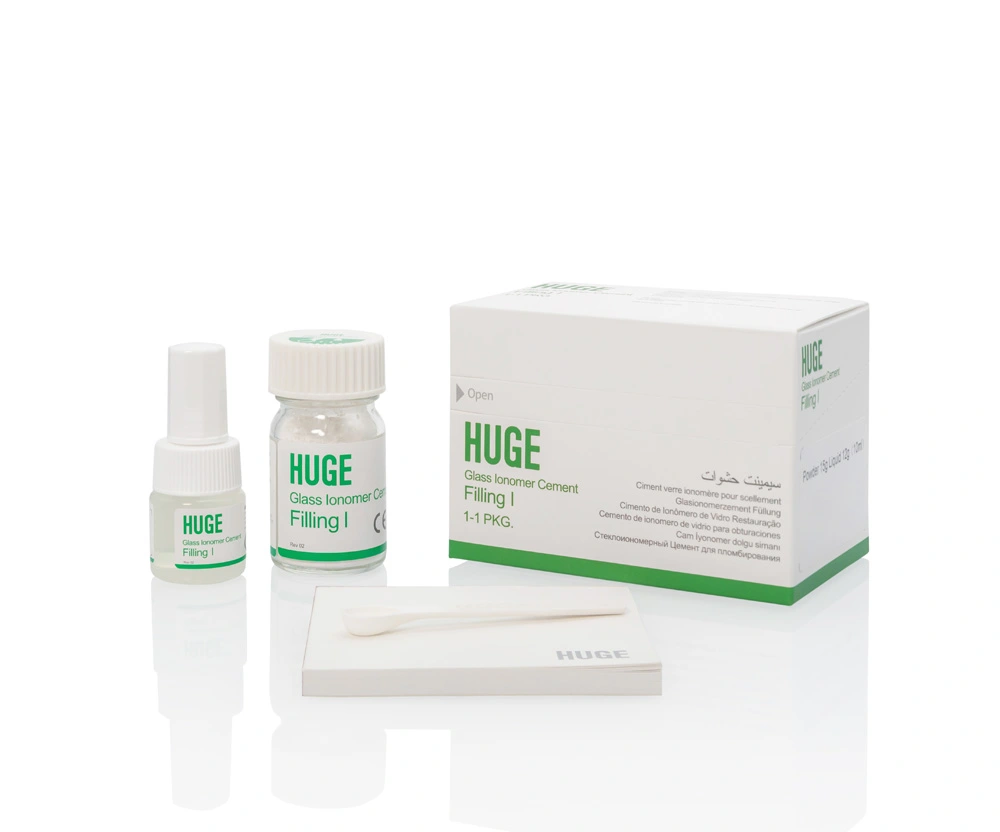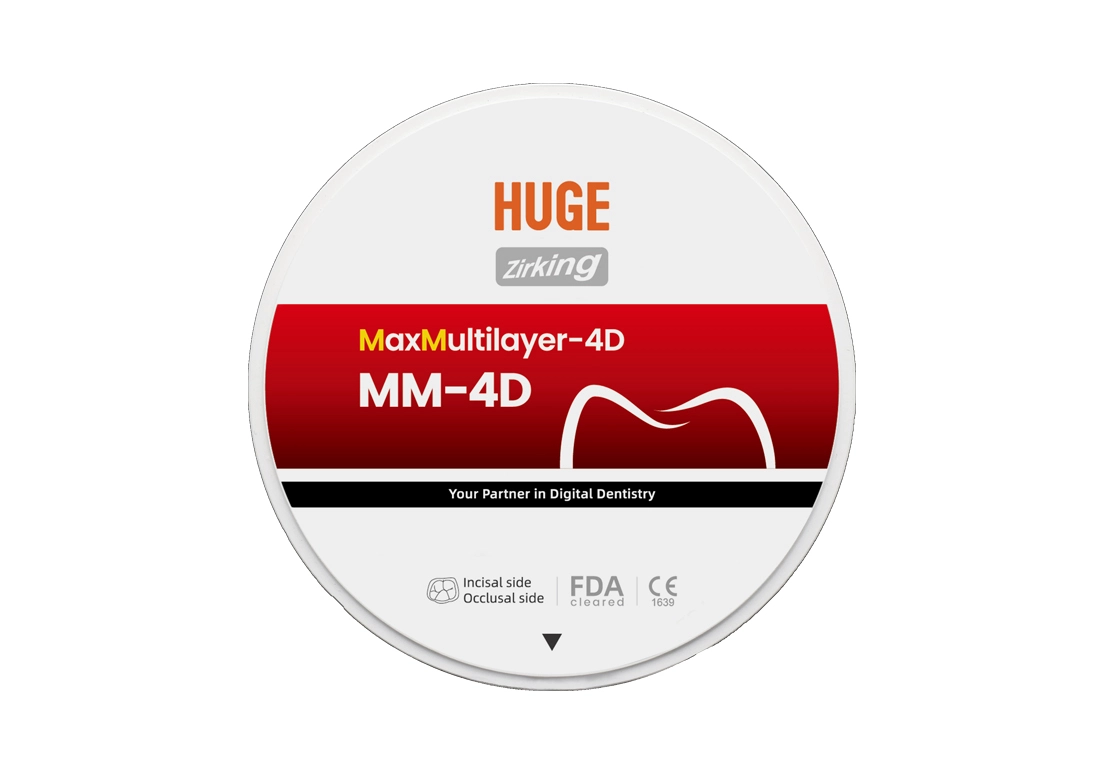Dental Glass Ionomer Cement: What You Need to Know
Dental Glass Ionomer Cement (GIC) is a versatile material that has become an essential part of modern dentistry. Developed in the late 1960s, GIC is known for its unique properties and multiple applications in restorative and preventive dental procedures. In this blog, we will explore the key characteristics, uses, and advantages of dental glass ionomer cement, shedding light on why it has become a popular choice among dental professionals and patients alike.
Understanding Dental Glass Ionomer Cement
Composition and Properties: Dental glass ionomer cement is a type of dental restorative material composed of a powdered glass (silicate) and an acidic liquid (polyalkenoic acid). When mixed together, these components create a water-based material that can adhere chemically to tooth structure.
Adhesion Mechanism: One of the defining features of GIC is its ability to chemically bond to both enamel and dentin. This adhesive property makes it an ideal choice for various dental applications, providing a strong and durable bond to tooth surfaces.
Common Uses of Dental Glass Ionomer Cement
Dental Fillings: GIC is widely used for dental fillings, especially in non-stress-bearing areas of the mouth. These fillings are suitable for small to medium-sized cavities and offer a natural appearance, blending well with the surrounding tooth structure.
Cementing Crowns and Bridges: GIC serves as an effective luting agent for cementing crowns, bridges, inlays, and onlays. Its ability to chemically bond to both the tooth structure and the restoration ensures a secure and long-lasting fit.
Fissure Sealants: Dental glass ionomer cement is commonly used for sealing deep pits and fissures on the chewing surfaces of molars. By applying a fissure sealant, dentists can protect these vulnerable areas from decay.
Advantages and Limitations of Dental Glass Ionomer Cement
Advantages:
Biocompatibility: GIC is well-tolerated by oral tissues, reducing the risk of allergic reactions or adverse effects.
Fluoride Release: GIC gradually releases fluoride, which helps prevent decay and strengthens the tooth structure.
Minimal Tooth Preparation: For certain restorations, minimal tooth preparation is required, preserving more natural tooth structure.
Esthetics: GIC can closely match the color of natural teeth, providing aesthetically pleasing restorations.
Limitations:
Strength: While GIC offers sufficient strength for non-stress-bearing areas, it may not be as durable as some other materials for restorations in high-pressure zones.
Sensitivity to Moisture: During the setting process, GIC can be sensitive to moisture, which may affect the material's initial stability.
Dental Glass Ionomer Cement has become an invaluable asset in modern dentistry due to its unique properties and versatile applications. Its ability to chemically bond to tooth structure, release fluoride, and offer aesthetic restorations makes it an excellent choice for various dental procedures. While it may not be suitable for all situations, dental glass ionomer cement remains a reliable and widely-used material in the dental field, contributing to improved oral health and functional smile restorations for countless patients.
 English
English 日本語
日本語 français
français Deutsch
Deutsch Español
Español русский
русский português
português العربية
العربية


